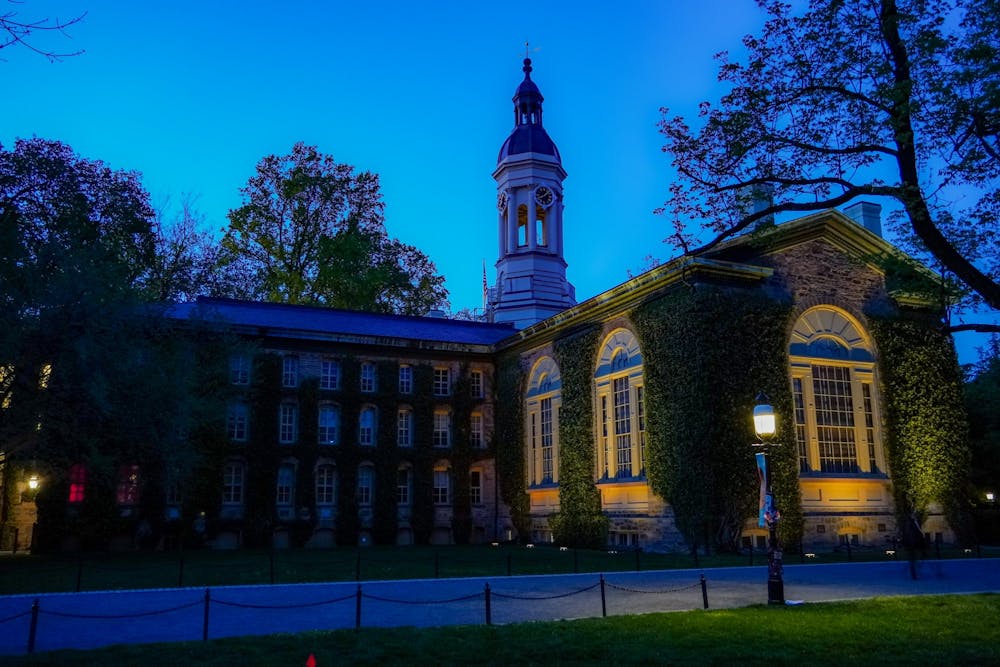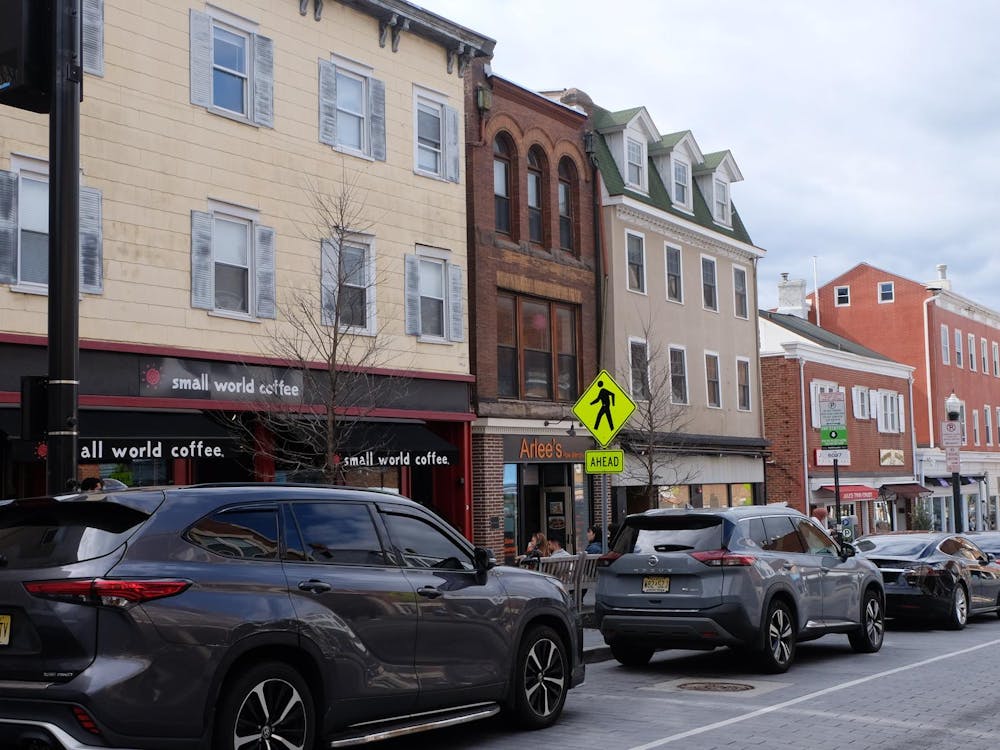To the political right, diversity, equity, and inclusion (DEI) is the beginning of the end. The Wall Street Journal’s Editorial Board warns of DEI officers who “enforce ideological conformity.” Abigail Anthony ’23 claimed that DEI initiatives “divide, exclude, and ostracize students of all political affiliation.” The freedom of speech, some people argue, will be obliterated by DEI-obsessed bureaucrats.
But no one seems to be satisfied. While the right shames DEI for rejecting intolerance and correcting historic systems of oppression with perceived threats to free speech, many on the left, too, have turned against DEI. Some are dissatisfied by its supposed abandonment of meritocracy and others by its lack of earnest commitment to diversity and justice. In both cases, the very institutions that are responsible for DEI, like Princeton, are to blame. Rather than rejecting the right’s continued ridiculing of their initiatives or responding to progressives’ calls for a more revolutionary and effective DEI, Princeton has done neither.
Politicians and lawmakers on the right continue to lambast and legally stifle DEI across the country, and this firestorm hasn’t spared the Orange Bubble: just weeks ago, members of our Office of Diversity & Inclusion were harassed online, and former staff and current students at Princeton have taken issue with de rigueur DEI practices.
Yet, despite this fear mongering, DEI persists. Following a summer of civil unrest and racial activism, DEI job opportunities skyrocketed in 2020 and have only slightly decreased in the last year. Whether because of public scrutiny, self-reckoning, or a mixture of the two, institutions — especially universities — embraced these practices as a solution for prejudice. At Princeton, we’re seeing annual DEI reports, action plans, the creation of offices, and the hiring of DEI personnel. President Eisgruber ’83 (a stark defender of free speech) has expressed his intention to edify the University in DEI and demand “scholarly and practical attention” be paid towards racial justice.
In his recent column “DEI Is Not the Monster Here” for Time Magazine, Professor of African American Studies Eddie Glaude GS ’97 writes, “we often think we are treating diversity as a cherished value, but we are really trying to manage it. We end up checking boxes, more concerned about compliance, and less interested in the value itself.”
What Professor Glaude goes on to explain is at the very heart of what liberal college campuses get wrong about DEI: to warn off right-wing subterfuge unjustly vilifying DEI, these programs shouldn’t become less rigorous, they should become more so — stepping into promoting the actual values of diversity, equity, and inclusion rather than insincere political tests.
Some of the right’s criticisms make a fair point. Take, for example, DEI statements in faculty hiring applications, which have been receiving criticism for serving as “Red Scare-era loyalty oaths” or employment threatening ideological litmus tests. Right-wing dog-whistling aside, these concerns are not wholly unfounded. Even professors who oppose DEI have been forced to parrot praise and dedication to social justice through these hiring statements. While Princeton does not require these kinds of faculty hiring statements, individual departments and programs do have the ability to require similar “impact statements.” But what do these statements actually do? They make DEI into the very ideological badge its opponents claim it is. Practices like these provide no real benefit, rather unintentionally undermining legitimate DEI practices.
Princeton’s hiring process (and any of its policies) should not and doesn’t have to be morally hollow. The University — as it has long done for academic integrity, free expression, and health and safety — has the right and obligation to designate, dignify, and defend the most important of values and virtues. Diversity, equity, and inclusion are no exception to this. Reducing these principles to a supplemental material required for faculty hiring is not only lazy and disingenuous, it is extremely dangerous.

Hollow DEI can do harm, as it establishes a cover for conservatives to paint all DEI under. Following the Students for Fair Admissions v. Harvard Supreme Court decision, the right has moved to call all DEI programs “illegal,” despite that not being true. Not even Princeton’s motto is spared from ridicule: the right has rewritten Dei Sub Numine Viget “(Under God’s Power She Flourishes”) as “Under Diversity, Equity, and Inclusion She Flourishes.”
DEI has also been indicted by conservative think tanks, bloggers, and news outlets with greater and far more insidious charges: promoting antisemitism, destroying the family unit, and ruining higher education entirely. These accusations unfairly target DEI employees and student activists and should be ardently rejected by institutions that supposedly believe in DEI, like Princeton. But they haven’t been.
Rather than unabashedly exalt diversity and ensure its deep integration into the fabric of the University, Princeton — like other universities — has responded with tenuous solutions like affirmative action (which is now gone, with no concrete replacement in sight) and the occasionally powerful, but failed, programs like the Amplifying Voices Distinguished Lecture Series (which has yielded only one speaker since its inception two years ago).
There is so much potential and already-realized good to come out of Princeton’s DEI. But when Princeton fails to esteem or execute this meaningful work and instead cowers in the face of critics who package intolerance as anti-DEI “truth,” it does a disservice to the values of diversity, equity, and inclusion and the communities it is supposed to protect. If the right has made DEI out to be the “monster,” as Glaude says, that many Americans are so scared of, it’s time for the people in charge of DEI at Princeton to shine a brighter light under the bed to reveal that there is no monster there, just a more honest and unwavering commitment to diversity, equity, and inclusion.

Christofer Robles is a junior in the Comparative Literature department. He served as the Associate Community Opinion Editor and Chair of the Daily Princetonian’s DEIB committee during the 147th Board of the ‘Prince.’ He can be reached at cdrobles@princeton.edu.








